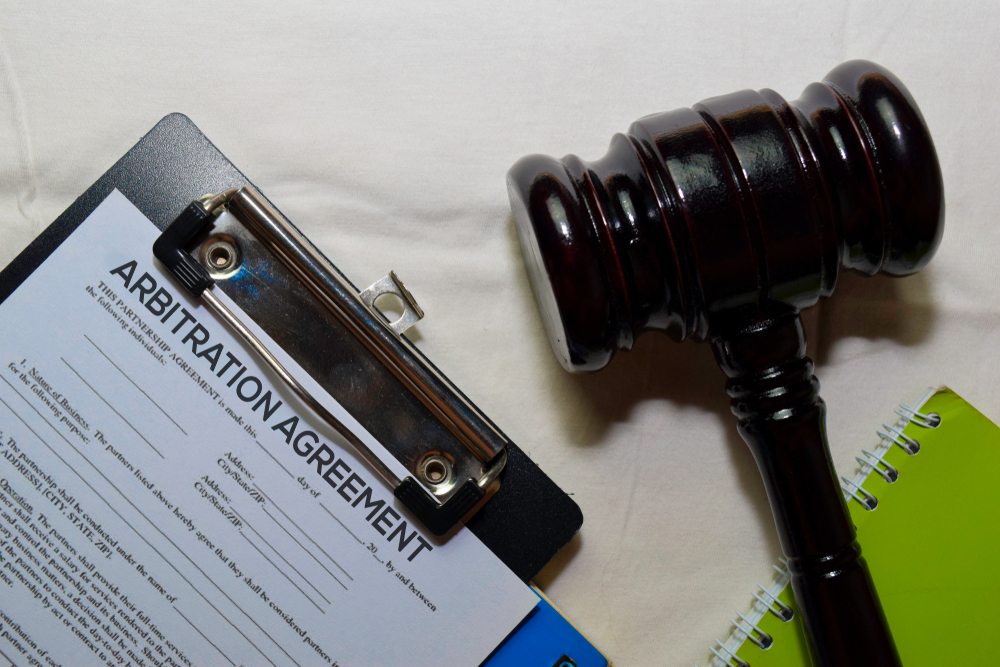Proving a Novation
“A novation is an agreement between the parties concerned for the discharge of a valid existing obligation by the substitution of a new valid obligation.” Schroer v. Cumdale Partners, LLC, 2024 WL 3882430 (Fla. 4th DCA 2024) (internal citation omitted). “Four elements form a novation: (1) the existence of a previously valid contract; (2) the agreement of the parties to cancel and extinguish the first contract; (3) the agreement of the parties that the second contract takes the place of the first; and (4) the validity of the new contract.” Id. (internal citation omitted). When arguing novation, remember these four...
Continue reading













